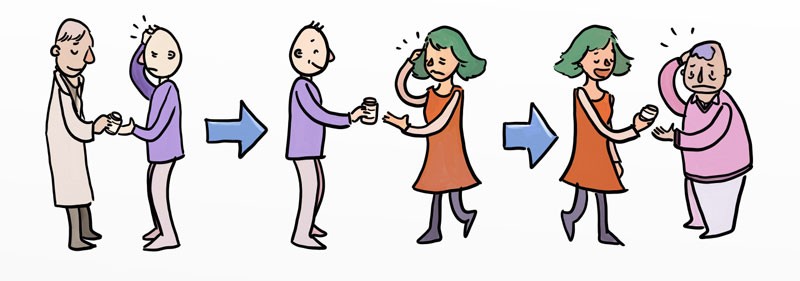This is a murky area to discuss. Cognitive-Enhancing drugs are usually used to treat conditions such as sleeping disorders and ADHD. However, if taken by a person (and we do not recommend these pills) without these conditions, they can enhance the brain for a short time. But no gain comes without pain.
Side effects are a problem. Take coffee, a weak stimulant that increases focus for a short period. A person slowly builds up tolerance and an addiction to the effect of caffeine. The ability to maintain a normal state of focus now requires that cup of coffee. Mind enhancement drugs taken without a prescription could lead to sharper wits in the short term, however they could lead to addiction in the long term. Ritalin and Adderall, prescribed for ADHD, can also lead to heart problems.
The benefits many of these drugs give are usually minor—nothing like the movie Limitless. But while our minds do have limits, they are probably fewer than one might expect, especially if we push ourselves that extra mile.
Send in your science questions to think@um.edu.mt






